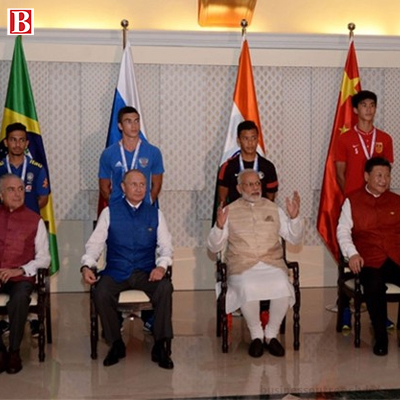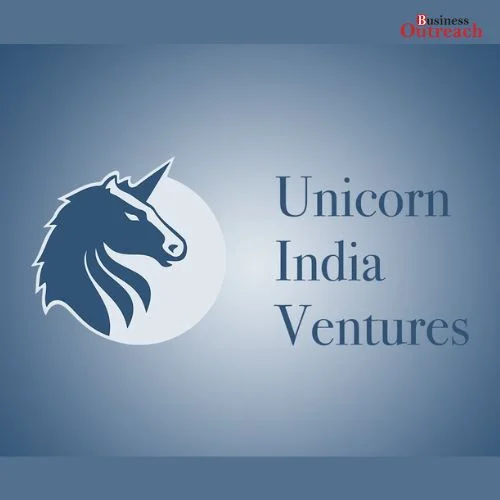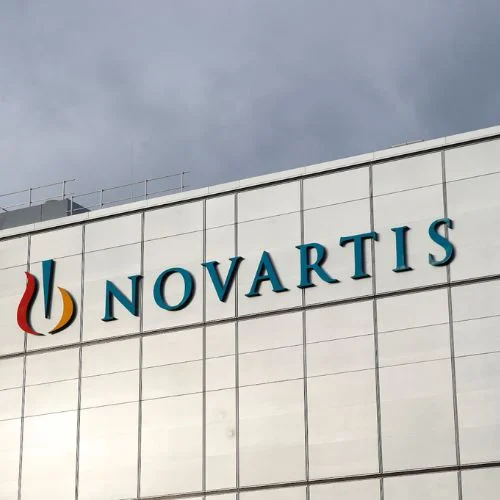To elevate synergetic research in various required areas, Scientific Ministries of BRICS collaborates where departments agree to invest $10 million.
Together with the National Institute of Advanced Studies, Bengaluru(NIAS), the Department of Science and Technology(DST) hosted the 6th BRICS( Brazil, Russia, India, China and South Africa) Young Scientist Forum, where India drew attention towards heathcare, innovation, energy and digital revolution.

Addressing the valedictory, Sanjay Bhattacharyya, Secretary (CPV & OIA) along with BRICS Sherpa at BRICS Young Scientist Forum noted, “I am happy the Forum aims to foster dialogue and has chosen important and relevant themes such as Health care, Energy, Cyber and Innovations, that reflect contemporary realities.”
With the covid-19 outbreak, the world has suffered a lot with deprivation in almost every aspect including healthcare, employment, losing numerous lives and livelihoods. It is now turn to revive from it in the post-pandemic period.
In this regard, Bhattacharyya stated, “BRICS must take the lead in agenda-setting to build back capacity, have resilience, promote Innovation, have Credibility and establish Sustainability as the highest priority. Research and technological cooperation for ensuring the supply of vaccines, raw material, etc. to facilitate inclusive recovery need greater momentum.”
Considering the pandemic scenario, Scientific Ministries of BRICS ties up in order to elevate synergetic research in various required areas. For this step to augment, various departments have agreed to collaboratively invest about $10 million. These fund-providing departments include the Department of Science and Technology and the Department of Biotechnology from India, etc.
Sharing about various agreed projects and giving comprehensive details, Bhattacharyya said, “I understand 84 project proposals were received under the BRICS COVID call, in which India is a partner in 6 projects out of 12 recommended for support. These projects aim to develop drugs, vaccines, diagnostic kits, genome sequencing, epidemiological studies and application of artificial intelligence for treatment and prevention of the Covid-19 virus. Specifically, we have agreed to operationalize the BRICS Vaccine Research and Development Center as a virtual network. The inaugural BRICS Digital Health Summit was also held a few days ago, which reflected the growing need for innovative solutions to traditional challenges, which were exacerbated during the pandemic.”
Bhattacharyya also highlighted the issue of global warming saying that the energy is mostly in demand and consumed for developmental purposes but most of this energy utilization leads to outpouring of harmful substances that pollute the environment and gives a major contribution in global warming.
Commenting on the alternatives, he said, “Thankfully, clean alternatives are available and need to be encouraged. India is leaving no stone unturned to lead from the front as a responsible member of the global community. We are on the track to meet the target of 2 degrees compatibility. We have recently crossed the 100 GW of renewable energy milestone and have enhanced our ambition to meet the target of 450 GW by 2030.”
He further expressed the significance of technological and R&D cooperation for developing clean and renewable energy, storage technologies, energy efficiency and distribution. He stated, “Collaborations in R&D, supply chains and setting up sustainable networks are the need of the hour.”
Coming on to the digital revolution, Bhattacharyya shared how the whole world has transformed into a digital space over the years, especially amid the pandemic where everyone is shifting into a digital platform to cater there requisites. He quoted, “Through our Digital India Programme, we have fostered innovation and enterprise and transformed the lives of our citizens in unprecedented ways. Our Direct Benefit Transfer Scheme, enabled by our national identity programme, crossing the 750 million mark recently, with the help of apps like Aarogya Setu and CoWin.”
Furthermore, he added, “Recently, we inaugurated BRICS Agricultural Research Platform. This is the first such multi-disciplinary and multilateral Platform established in Indian agriculture, which has five big countries participating through the virtual networks, for agricultural development and growth. We also hope to come up with a BRICS portal for Digital Public Goods. In the spirit of Vasudhaiva Kutambhakam, we have decided to make these available as open-source applications. In fact, I am sure each of our countries has useful applications like these, which we can share with the rest of the world for common good. The economic and social potential of such systems platforms is greater than what has been realized. There is a need to address the technology gaps.”
Concerned about the innovation segment, he shared, “Innovation not only makes technology marketable but also provides it with territory and medium to operate upon. Collaboration between institutes of technology and management, incubation centres across boundaries and financing by VCs or angels are a new reality. Whenever an IPO moves towards unicorn-hood, it also spawns a new set of potential ideas for others to take forward. Our economic system needs such solutions to remain energized.”















